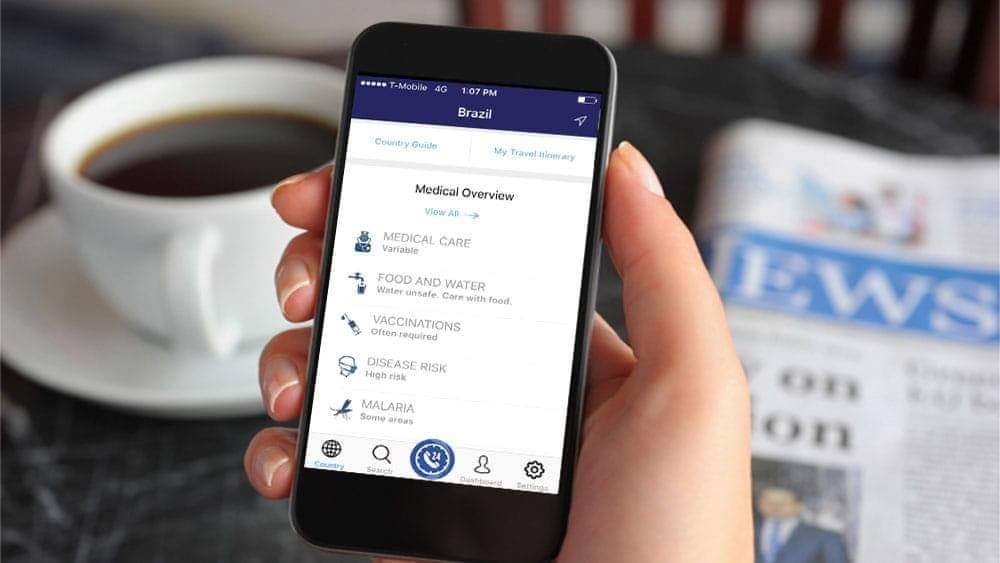After enduring almost eight months into the country’s COVID-19 lockdown and bearing the more restrictive Enhanced Community Quarantine (ECQ) to General Community Quarantine (GCQ),
most people have adapted to the situation of wearing masks and face shields, limiting social gatherings, and finding creative ways to connect with others to keep safe. The fact is, a significant number of individuals may find the latter stage of pandemic even harder and might be experiencing pandemic fatigue.
Pandemic fatigue, as defined by the World Health Organization (WHO), is a natural expected reaction to sustained and unresolved adversity in people’s lives. Its symptoms include being demotivated to follow protective measures and behaviors or staying informed, as well as feeling complacent, alienated or hopeless. Although pandemic fatigue gradually evolves over time, it may also be affected or triggered by a person’s cultural, social, structural and legislative environment.
According to Dr. Carrianne Ewe, Medical Director of International SOS Philippines, the leading international health, security, management, and wellbeing solutions provider of companies and organizations worldwide, pandemic fatigue can affect one’s mental health, decrease an individual’s motivation to practice precautionary health measures which may lead to increased risky behaviors. It could also lead to decreased productivity and creativity among an organization’s workfoce.
“Supporting the workforce’s mental health and wellbeing has been a key concern for many employers in addition to the response to this public health crisis. It is widely acknowledged that an employee’s job performance and productivity can be severely affected by health issues and impact an organizations’ business resilience,” said Dr. Ewe.
She further stressed that organizations who value their employees need to build a holistic workforce resilience program where an employee’s health, safety and wellbeing are prioritized which is a key competence of International SOS.
“International SOS has been working closely with clients throughout the year from the Taal Volcano eruption to the current COVID-19 pandemic. We provided holistic workforce resilience solutions with tailored advice for the safe return to operations, navigation of the complex COVID-19 testing environment and mental health & wellness programs,” said Dr. Ewe.
Aside from the range of tools developed by International SOS such as the COVID-19 website, the International SOS Assistance App which provides the latest health and security situational updates, and webinars, Dr. Ewe imparted several tips to help the public overcome pandemic fatigue.
- Accepting negative emotions
Being honest about pent-up emotions like anxiety and uncertainty opens one up to find ways to address these reactions effectively.
- Creating new goals
Setting achievable and enjoyable personal goals such as exercise or learning a new skill can give a positive sense of accomplishment.
- Conserving emotional resources
Employees should take time out from work to prioritize self-care. Small breaks even if just to relax at home or spend time with loved ones is beneficial. Managers need to lead by example and encourage a delineation of on and off duty schedules.
- Being kind to themselves
Employees should recognize that it is okay to have both good and bad days. Instead of focusing on the negatives, acknowledge and celebrate achievements.
- Asking for help
Almost everyone has experienced some level of stress during this period. Seek support from mental health professionals via the Employee Assistance Program (EAP) or clinic and recognize the benefits of reaching out early before burn out.
To learn more about effective workforce resiliency programs, contact International SOS at www.internationalsos.com.




